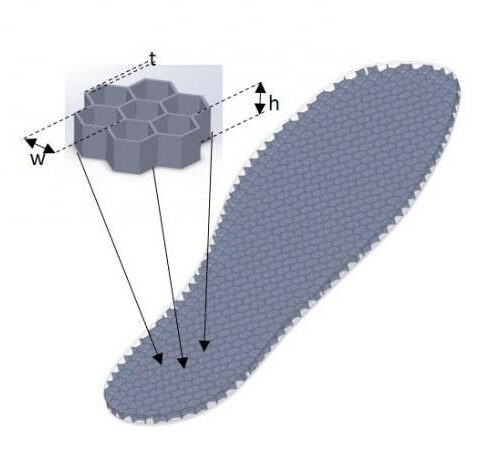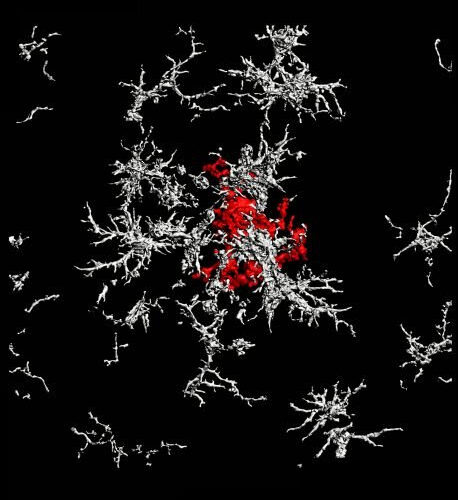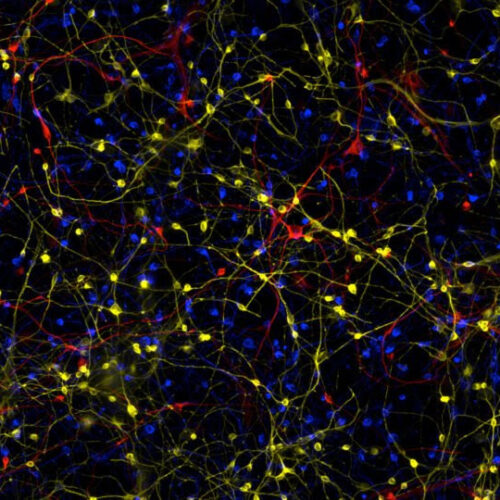AMERICAN ACADEMY OF SLEEP MEDICINE DARIEN, IL – A study of nearly 2,500 adults found that having trouble falling asleep, as compared to other patterns of insomnia, was the main insomnia symptom that predicted cognitive impairment 14 years later. Results show that having trouble falling asleep in 2002 was associated with cognitive impairment in 2016. Specifically, more...
New research a ‘step change’ for diabetes patients
STAFFORDSHIRE UNIVERSITY IMAGE: LOW-COST SENSOR-INSOLES CAN BE USED TO ASSESS THE RISK OF FOOT ULCERS CREDIT: STAFFORDSHIRE UNIVERSITY Millions of people with diabetes are at risk of developing foot ulcers, which often lead to amputations and other health complications. Now, scientists from the Centre for Biomechanics and Rehabilitation Technologies (CRBT) have developed a new method...
Artificial intelligence predicts brain age from EEG signals recorded during sleep studies
AMERICAN ACADEMY OF SLEEP MEDICINE DARIEN, IL – A study shows that a deep neural network model can accurately predict the brain age of healthy patients based on electroencephalogram data recorded during an overnight sleep study, and EEG-predicted brain age indices display unique characteristics within populations with different diseases. The study found that the model...
Wearable electroencephalogram device gathers reliable sleep data from the ear
AMERICAN ACADEMY OF SLEEP MEDICINE DARIEN, IL – Preliminary results of a new study show that a wearable electroencephalogram device that gathers data from the ear measures sleep as reliably as traditional EEG electrodes attached to the scalp. Comparing the distributions of intra-individual neural signature similarities for ear-EEG and scalp-EEG across four nights, results show that the...
Team develops potential treatment for life-threatening microbial inflammation
by Vanderbilt University Medical Center From left, Taylor Smith, MS, Jacek Hawiger, MD, Ph.D., Jozef Zienkiewicz, Ph.D., and Yan Liu, MD, and colleagues developed a peptide that may protect against life-threatening microbial inflammation with underlying metabolic syndrome. Credit: Hawiger lab A cell-penetrating peptide developed by researchers at Vanderbilt University Medical Center can prevent, in an animal model, the...
Understanding gut inflammation may hold clues to mitigating Parkinson’s onset
by Van Andel Research Institute Chronic inflammation in the gut may propel processes in the body that give rise to Parkinson’s disease, according to a study by scientists at Van Andel Institute and Roche. The study, published in Free Neuropathology, is the latest in a growing list that links the gut and the immune system to Parkinson’s. The researchers’ findings in an...
DEPRESSED BRAINS DON’T HAVE THE REGULAR RESPONSE TO STRESS
This biomarker is largely absent in people suffering from major depressive disorder, and this absence is further associated with pessimism in daily life, the study finds. Researchers used brain imaging to identify differences in the neurotransmitter glutamate within the medial prefrontal cortex before and after study participants underwent stressful tasks. They then followed the participants for...
New drug-formulation method may lead to smaller pills
Chemical engineers have found a way to load more drugs into a tablet, which could then be made smaller and easier to swallow. About 60 percent of drugs on the market have hydrophobic molecules as their active ingredients. These drugs, which are not soluble in water, can be difficult to formulate into tablets because they...
In surprising twist, some Alzheimer’s plaques may be protective, not destructive
Salk scientists find brain’s immune cells form some plaques as a defense in Alzheimer’s, suggesting a new therapeutic direction One of the characteristic hallmarks of Alzheimer’s disease (AD) is the buildup of amyloid-beta plaques in the brain. Most therapies designed to treat AD target these plaques, but they’ve largely failed in clinical trials. New research by Salk...
Salk scientists reveal how brain cells in Alzheimer’s go awry, lose their identity
New technique models brain cells in older patients more accurately than ever before Despite the prevalence of Alzheimer’s, there are still no treatments, in part because it has been challenging to study how the disease develops. Now, scientists at the Salk Institute have uncovered new insights into what goes awry during Alzheimer’s by growing neurons...





